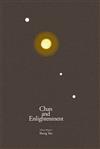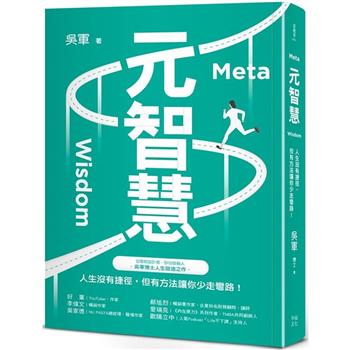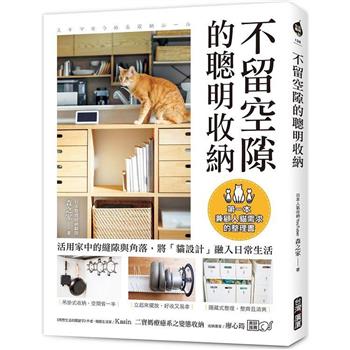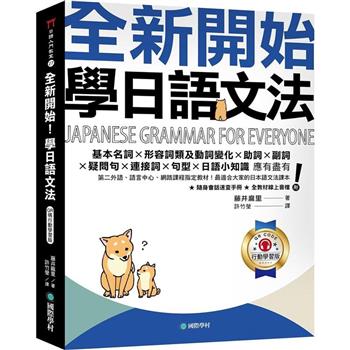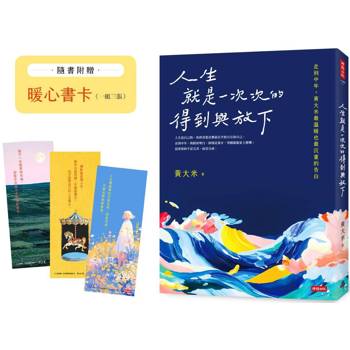Chan enlightenment is attained through a sudden encounter; or, it may come about spontaneously after serious and sincere investigation and introspection.
Chan philosophy represents a clear current that is empty yet responsive, detached and magnanimous, open and broad-minded, bright and luminous.
Chan as a way of life is positive and progressive, free and easy, simple and modest, confident and comfortable.
Chan as a way of thinking is to let go of selfishness, self-deceit, self-pity, self-arrogance, and self-confinement, and only then can there be complete boundless freedom.
Chan methods teach people to first practice knowing the self, affirming the self, and then shattering the self, and thus the enlightened state will appear.
—Master Sheng Yen—
禪宗的悟,或是不假階梯,一觸即悟;或是苦參實究,突然自發。
禪的思想是:空靈、豁達、開闊、明朗的人間清流。
禪的生活是:積極、自在、簡樸、自適的安心方式。
禪的理念是教人:首先學著放下自私、自欺、自怨、自慢、自我枷鎖,才能海闊天空地任運飛翔。
禪的方法是教人:首先練習認識自我、肯定自我,然後粉碎自我,才是悟境的現前。
──聖嚴法師
